Jaisha Priyam reviews Thottiyin Makan by Thakazhi Sivasankara Pillai.
Thottiyin Makan by Thakazhi Sivasankara Pillai depicts the fight that scavengers have within themselves, among the community, and against the authorities. The book is the voice of the oppressed and the subjugations they face in society.
Originally written in Malayalam in 1947, it was translated into Tamil by Sundara Ramaswamy in 2000. The novel resides in Alleppey and revolves around three generations of scavengers.
We encourage you to buy books from a local bookstore. If that is not possible, please use the links on the page and support us. Thank you.
Sivasankara Pillai’s Writing and Characters
Before we dive into the story, the nature of the profession has to be clearly defined as it has evolved over the period. Every house has a space where they defecate but they did not have a flushing and plumping system as we have it today. The scavengers go from house to house to remove the excreta in a bucket which is further dumped in a trolley. They move the trolley on the streets and are further put in a commonplace.
The prominent characters are scavengers and they do the above-mentioned tasks on a daily basis. The story begins with the death of Isakkimuthu, father of Sudalaimuthu. As it would cost around six rupees to do a proper ritual, Sudalaimuthu decides to dig under a mango tree and bury him. But when gets back in the evening, he is shocked by a gory scene, many dogs have torn the body of Isakkimuthu apart and his eyes are gouged out. This leaves an impact on Sudalaimuthu that forces him to progress in life.
He marries Valli and they stay in the same neighbourhood but an epidemic erupts so they shift to another locality that has a much better living. Sudalaimuthu is a person of dreams and hopes, he wants to own a house and a farm, wants his son to go to school and have a better job, and does not want him to have the same identity as him. When Mohan was born to them, he wanted his son to live the life of the owner’s children he works for.
He looks for a school to enrol him but initially, he doesn’t get an admission because of his profession. In the admission process, Mohan’s parents are enrolled as working as a driver to get through the process. He decks up Mohan in the way he is not associated with the family. Whether Mohan makes up for his father’s dream and gets a better living is the story of the next generation.
A quest for identity, respect, and better living
There is no mention of the dates but we can associate the events to the middle of the twentieth century. When Isakkimuthu is on the deathbed, he wishes to transfer his job to his son Sudalimuthu. It is evident as he mentions, “Kadavul, unnai pathuparu. En vaaliyum, manvettiyum tharen, atha vechu nee polachikka”. The dialogue transliterates as “God will bless you. I will give you my bucket and spade, so you can make a living out of it”.
His father aims to hand over the occupation to his son as he thinks it to be holy and humble. During this period in time, there was no union for the workers and no one talked about it. When Sudalaimuthu joins the job, he wants to start a union and have a voice. His fellow scavengers understand the respect and rights they deserve but as there is no unity among them the union does not see the light.
Below is the conversation between Valli and Sudalaimuthu.
Sudalaimuthu says,
“Thottiillatha kalam varuma?” (Will there be a time without scavengers?)
“Aarukku theriyum?” (Who knows?)
“Illatha kalam varaathu, illa, athueppadi varum? Kakkusinna thottiyum venama? (It will not happen, no, there will never come a time like that. If there is a toilet, there should be scavengers also.)
The exchanges between the husband and wife capture the need for change. It also depicts how they are entitled to the occupation and have no way to escape. But in Mohan’s period, the union was formed and there were protests for their rights. The working-class community learns that unity can drive them forward and can be a forum to voice out their rights and opinions.

Power struggle and pandemic breakout scatters them into pieces
Two pandemic breakouts are mentioned in the novel and the notable is Cholera. It leads to a horrible turn of events as the scavenging community becomes the first victim of the outbreak. Pichandi’s (Sudalaimuthu’s friend) family gets totally disrupted due to the disease and of false rumour spread by Sudalaimuthu.
Ammu, Sudalimuthu’s wife dies of ‘Maiyuri’ disease, and two of their children also become prey to the disease. Sudalimuthu is falsely accused of theft and is made to abscond from the city. He never gets back and in the end, we see a nameless child making a living in the street and he is called ‘Pichandi’s son’ throughout the novel. Play of ego in the work environment adds an advantage to the owners and authorities to oppress and subjugate them further.
The novel is a must-read to understand the life of the scavenger community and their struggles in the work environment and the family. The novel is an easy read as it revolves around a few characters. It is also available in English as “Scavenger’s Son” translated by R. E. Asher.
Favourite Quote by Sivasankara Pillai
The child should not know that he is the son of a scavenger, and should not eat dirt. The stinginess from the toilet should make him puke. He should hate the scavenger’s community. When he gets closer to his father, he should hold his breath. He shouldn’t call his father ‘dad’ at any time.
Have you read this terrific book written as the voice of the oppressed? What do you think of it? Drop a comment below and let us know!







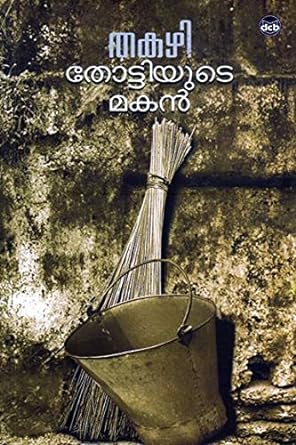


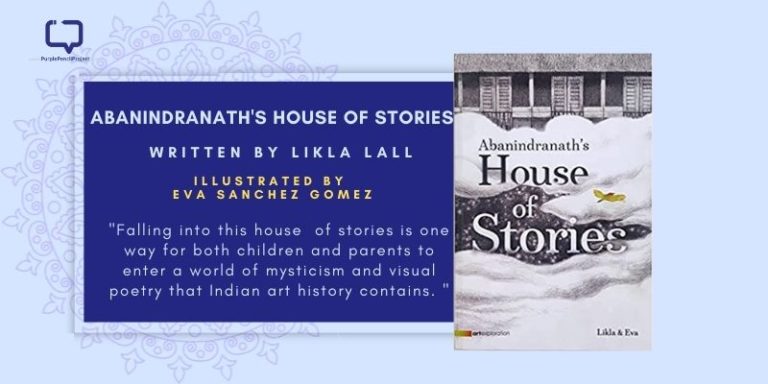
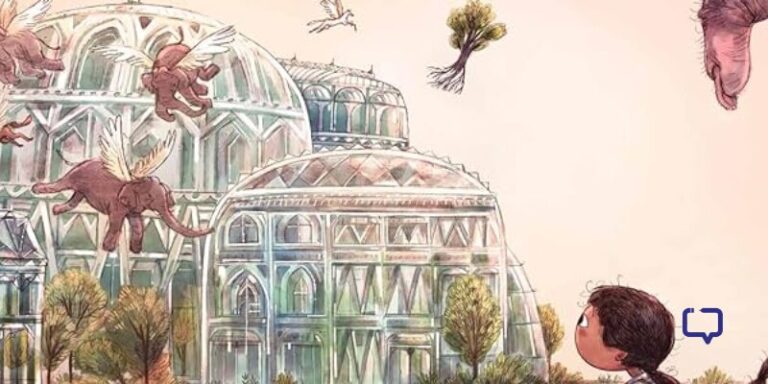

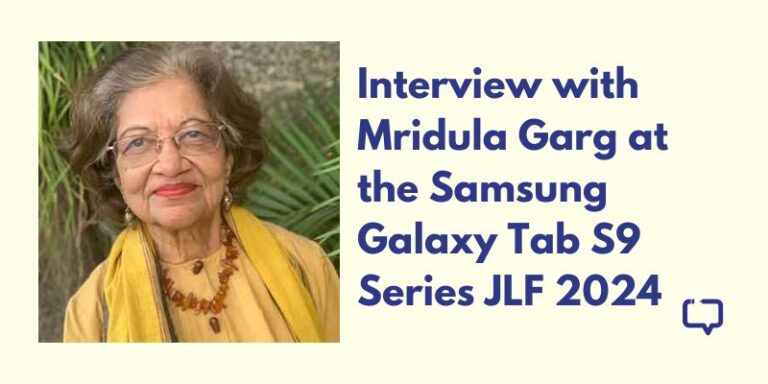


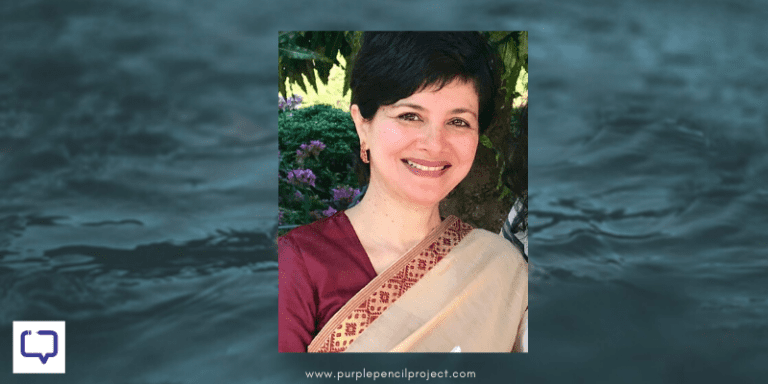
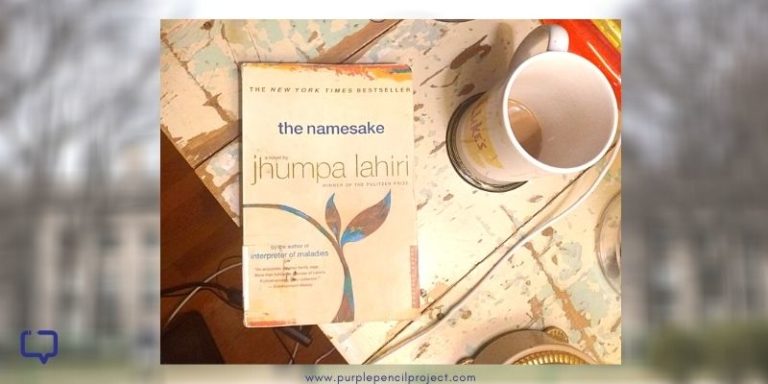

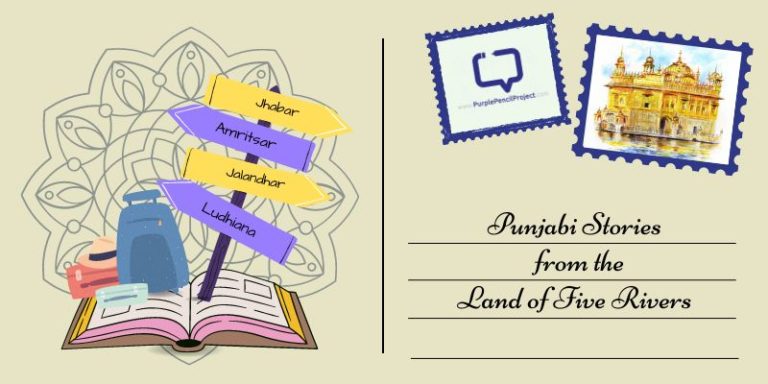


2 Responses
Greetings.
Thanks for the crisp overview of the book.
Good luck.
Thank you so much means a lot, Kasturi!